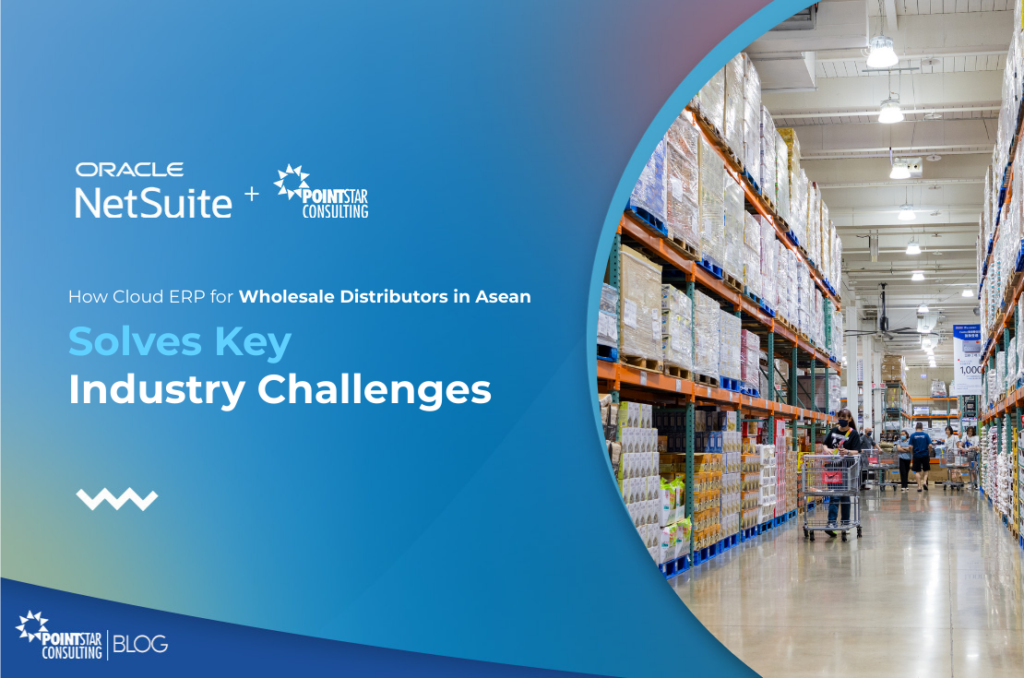Southeast Asia (Asean) is increasingly becoming the focal point for global supply chain diversification strategies. As companies worldwide seek to mitigate risks and reduce dependencies, the region’s competitive advantages – including strategic location, growing manufacturing capabilities, and improving infrastructure – are positioning it as the preferred alternative production and distribution hub.
The wholesale and retail trade sector in Southeast Asia is experiencing a remarkable 7% growth – a significant leap compared to the five-year pre-2022 average of just 3.6%. This dramatic acceleration highlights the region’s rapidly expanding consumer markets and evolving trade dynamics.
Meanwhile, exports from Southeast Asian countries are projected to grow by nearly 90% by 2031, a staggering pace that outpaces global export growth by three times. This explosive expansion underscores the region’s rising prominence in international trade and supply chain networks.
Below, we examine some of the challenges that Wholesale Distributor in Asean Face:
Common Challenges for Wholesale Distributors in Asean
Inventory management
Manual inventory tracking and the lack of a centralised system cause inaccurate demand forecasting, restocking delays, inefficient stock management, and poor inventory visibility, leading to overstock and stock shortages.
Inefficient Supply Chain & Logistics
Wholesale distributors deal with suppliers, businesses and customers who all use different solutions. A simple example would be invoicing. A lack of standardised invoicing can result in delays, as the processing of receipts involves its conversion to a format that is acceptable to the recipient.
Lack of Data-Driven Decision Making
Wholesale distributors experience slow decision-making and an inability to adapt to market changes due to limited financial visibility and inaccurate demand forecasting, which result from a lack of data-driven insights. These challenges negatively impact profitability and growth.
Multi-Channel Complexity
Many wholesale distributors in Asean are managing both B2B and B2C sales across multiple channels. This multi-channel operation takes a toll on businesses that do not equip themselves with industry-leading solutions like cloud ERPs.
How Cloud ERP for Wholesales Distributors Address These Challenges
Real-Time Inventory Management
Cloud ERP for wholesale distributors enables real-time inventory management by automating stock tracking and replenishment. With predictive analytics, businesses can optimise inventory levels, preventing overstocking and stockouts while ensuring seamless order fulfillment.
End-to-End Supply Chain Visibility
Cloud ERP solutions offer wholesale distributors complete supply chain visibility, optimising procurement, supplier management, and logistics. This leads to improved efficiency, faster processes, and reduced costs, allowing businesses to better meet customer demand.
Data-Driven Decision Making
With AI-driven demand forecasting and financial planning tools which help improve cash flow, a cloud ERP solution would allow businesses to respond faster and more efficiently to market trends and push businesses to make decisions faster with centralised reporting dashboards that enable data-driven decision-making.
Seamless Omnichannel Integration
Omnichannel integration is made possible by cloud ERP for wholesale distributors, which syncs inventory across retail, e-commerce, and B2B platforms. Order processing automation results in faster fulfillment, fewer errors, and an overall improved customer experience.
Why Oracle NetSuite is the Ideal ERP for Asean Wholesale Distributors
Asean wholesale distributors can leverage cloud ERP solutions to enable access to business operations anytime, anywhere, with real-time updates.
Cloud ERP for wholesale distributors enable businesses to fuel growth without requiring substantial infrastructure investments. Additionally, customisations and integrations with e-commerce platforms, marketplaces, and third-party logistics providers are easily achievable.
A cutting-edge cloud ERP like Netsuite can streamline inventory management, automate order processing, and enhance supply chain visibility, leading to improved efficiency and faster response to market demands.
In a Nutshell
The wholesale distribution industry in Asean is primed for growth but is also facing increased competition and operational challenges that demand a shift towards more efficient, scalable solutions. Cloud ERP systems are playing a pivotal role in helping wholesalers address critical issues like inventory mismanagement, supply chain inefficiencies, and slow decision-making.
By centralising operations, automating processes, and providing real-time insights, wholesale distributors can streamline their workflows, enhance customer experiences, and stay ahead in a rapidly evolving market.
With the flexibility, scalability, and integration capabilities of solutions like NetSuite, wholesalers can overcome barriers to growth, improve operational efficiency, and make data-driven decisions that drive long-term success. Embracing digital transformation with Cloud ERP solutions is no longer optional—it’s essential for thriving in the competitive wholesale landscape in Asean.



